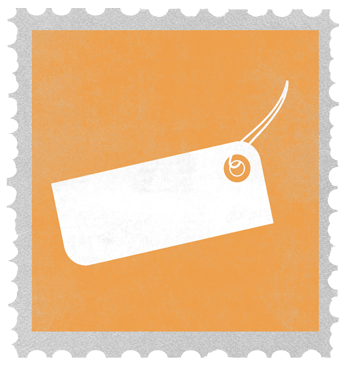Labeling Theory
Labeling theory is an approach in the sociology of deviance that focuses on the ways in which the agents of social control attach stigmatizing stereotypes to particular groups, and the ways in which the stigmatized change their behavior once labeled.
Labeling theory is one of the most important approaches to understanding deviant and criminal behavior. It begins with the assumption that no act is intrinsically criminal. Definitions of criminality are established by those in power through the formulation of laws and the interpretation of those laws by police, courts, and correctional institutions. Deviance is therefore not a set of characteristics of individuals or groups but a process of interaction between deviants and non-deviants and the context in which criminality is interpreted.Many children, for example, break windows, steal fruit from other people’s trees, climb into neighbors' yards, or skip school. In affluent neighborhoods, parents, teachers, and police regard these behaviors as typical juvenile behavior. But in poor areas, similar conduct might be viewed as signs of juvenile delinquency. This suggests that class plays an important role in labeling. Race is also a factor.
